Living in a Box
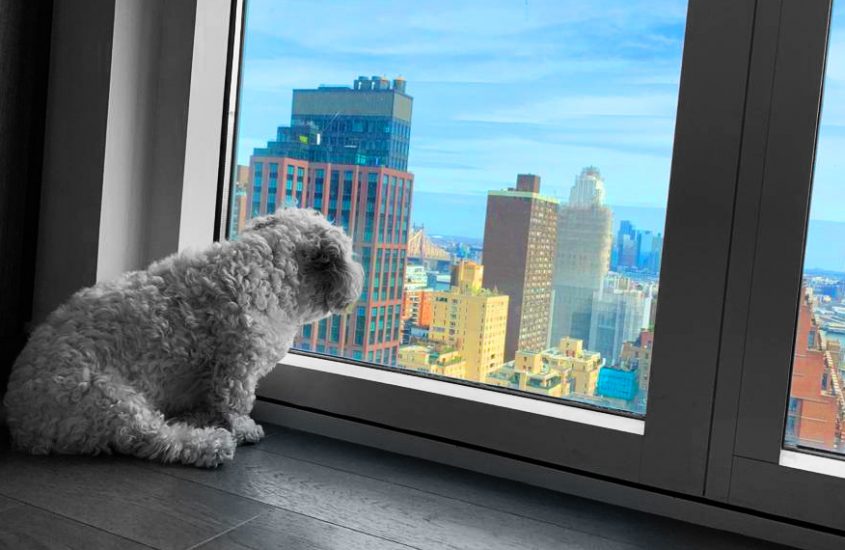
For 24 days I have been locked in my NYC apartment.
As you may know, the vast majority of apartments here have windows, but they can only open a few inches. Just enough to stretch your hand outside and, if you’re lucky, the whole arm. From my windows I can see bricks, gray pavement, closed stores and a couple of trees bravely resisting the asphalt.
The birds have long left the city and the only animals around me are dogs and cats, with their eyes stuck on the glass windows begging to go outside. I relate to them, I too wish I could roam freely.
Living in NYC is not as easy as one may think, especially if you are someone that appreciates nature as I do. To be a New Yorker means you need to be the best in what you do, the fastest in obtaining your goals, and the toughest you can be. We breathe carbon dioxide while enjoying the most beautiful art in the world. We are like that little tree, always forcing our existence in a concrete jungle.
As I navigate the vast internet, I’m bombarded by thousands of posts and messages encouraging me to be productive during these “Quarentimes.” Read a book, work on a new project, spend quality time with your family, cook delicious dishes, watch movies in the living room surrounded by happy little kids and fluffy happy pets.
Other people, with their most human and solidary spirit, walk in their beautiful gardens, relax in their pool or sit on their terraces teaching us how to meditate or breathe.
I have to say.
For me and for most Manhattan residents these tips won’t help.
Life in a box is cruel, it raises anxiety and sadness. We miss the sun embracing our skin, fresh oxygen entering our noses. I feel caged as I hear the news and grieve the people dying at NYC hospitals.
One of the most significant messages I heard lately was from writer and journalist Johann Hari. In a video he explained how we all become hyper vigilant and how this affects our emotional stability. Hari gives the example of a bear attack.
He explains that if you are walking in a forest and all of a sudden you are being attacked by a bear, your brain will shut down areas that think about long term goals and creativity in order to focus on the threat before us.
This reminded me of those same people online pressuring us all to be more creative during this time, to write novels, take up painting, and learn new languages. As Hari explains, this is nearly impossible to do during a crisis when our brains are focused merely on survival.
I really appreciate everyone’s advice and beautiful images, but I think what we really need to do now is reach out. We need to empathize with all of us living in boxes; those of us who are not able to open our windows.
It is time to stretch a helping hand to a friend that was fired and has no food in his fridge. If you are feeling lonely, call your friends or family and ask them what they need. As Hari noted, “we can restore safety by knowing that we have each other’s backs.”
Now is not the time to pressure ourselves into being productive. We need to find ways to feel comfortable in our homes and be kinder to ourselves. The smallest steps you take to have an easier day need to be taken into account. We need to take it one day at a time.
It’s time to reconnect with ourselves and those stuck in their own boxes.
You are not alone.


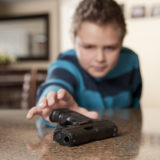
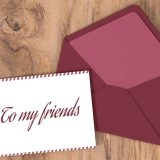



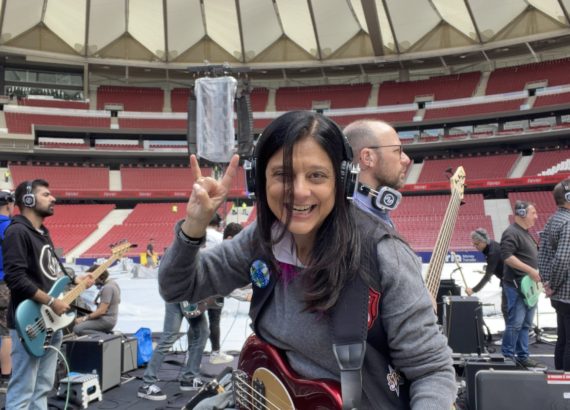
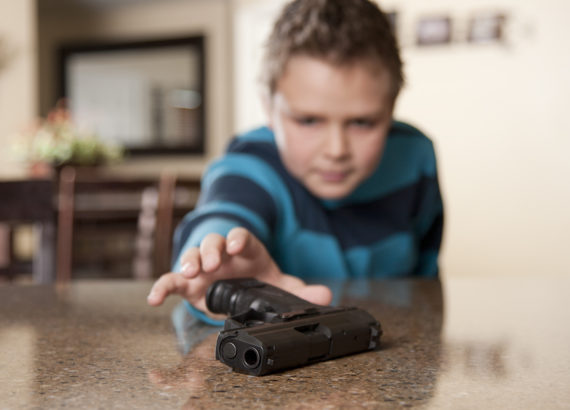
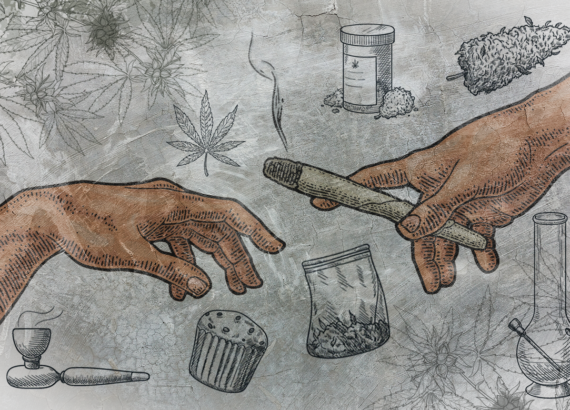
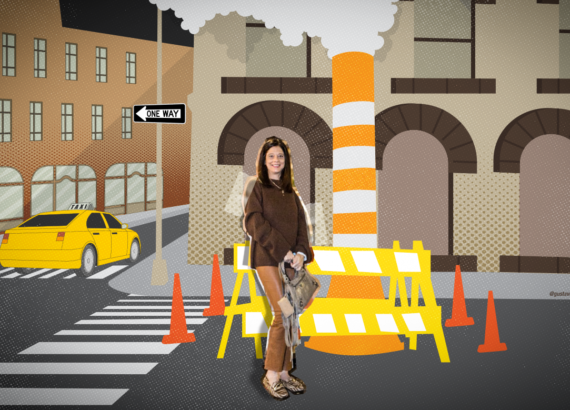
Ricardo
Já ouvi outras pessoas falando sobre estarem sendo “pressionadas” a relaxar. Isso é muito curioso e um bom tema para os psicólogos analisarem.
O exemplo ao qual Johann Hari estava se referindo, sobre o stress causado por um perigo iminente, nao estaria mais relacionado à vida “normal” das pessoas no trânsito e em seus trabalhos, sempre correndo de “ursos”? Sendo pressionadas constantemente a tomarem decisões rápidas e cumprirem metas? Sem jamais terem tempo para desenvolver a criatividade ou planejar algo para o futuro? A situação atual não seria uma oportunidade para nos darmos conta disso? Para não termos nenhuma outra alternativa a não ser parar de correr, desligar todas as distrações e encarar quem realmente somos nessa vida?
Sei lá. Mas é um bom tema para reflexão.
Ilana Lipsztein
Ricardo, obrigada por visitar o meu blog! A situacao atual e sem duvida uma oportunidade para refletir, planejar e mudar de rumo. Infelizmente por estarmos vivendo um momento assustador, acredito que o isolamento e reclusao forcada, aumentam os niveis de stress podendo ate bloquear a criatividade. Conforme li em diversos artigos, estamostodos navegando a mesma tempestade, mas em barcos diferentes. Ficar em quarentena em Manhattan tem sido para nos uma experiencia claustrofobica, e que me fez apreciar ainda mais a natureza, o ar puro e as coisas simples da vida como caminhar.